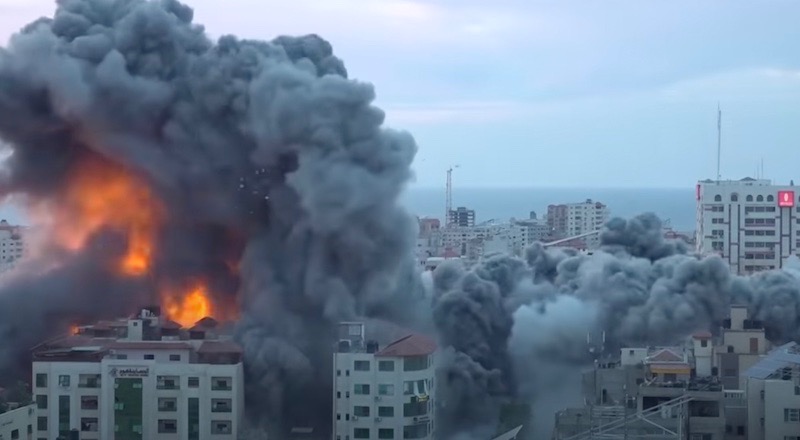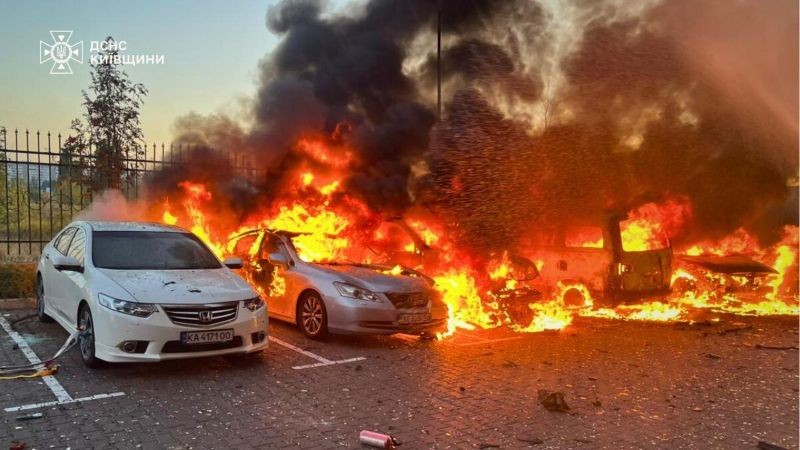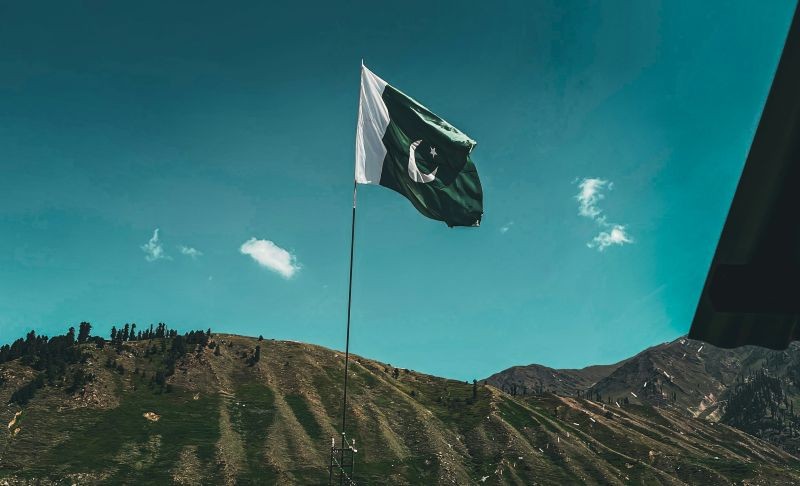Israel calls back negotiators from Qatar after hostage talks hit impasse

Gaza: Israel and Hamas rejected international appeals to extend an expired ceasefire on Saturday, with Gaza being subjected to air strikes while Palestinian groups fired numerous rockets, AFP reported.
The skies over northern Gaza were once again filled with smoke, following the failed negotiations.
The Hamas government in the region reported 240 casualties since hostilities resumed following the expiration of the truce on Friday, the report said.
In Israel, the military's Home Front Command recorded 40 missile alerts in the southern and central parts of the country, while Palestinian groups Hamas and Islamic Jihad announced the launching of "rocket barrages" towards three Israeli municipalities near Gaza.
As per the United Nations, nearly 1.7 million people in Gaza, roughly 80 percent of the population, have been forced to relocate due to eight weeks of conflict.
Fadel Naim, the principal physician at Gaza City's Al-Ahli Arab Hospital, reported that his facility had received 30 bodies since the morning, including seven children.
"The planes bombed our houses: three bombs, three houses destroyed," Nemr al-Bel, 43, reported AFP, adding that he said 10 members of his family were killed and "13 more still under the rubble".
The population is facing shortages of food, water, and basic necessities, with many homes destroyed. UN agencies have declared a humanitarian catastrophe, but some aid trucks did manage to arrive on Saturday.
Following the expiration of the truce between Israel and Hamas on Friday, Israel had instructed NGOs not to bring aid convoys through the Rafah border crossing from Egypt, according to the Palestine Red Crescent Society.
However, in a social media update on Saturday, the charity mentioned that its Egyptian counterparts successfully sent several trucks despite the earlier restrictions.
Both sides blamed each other for the breakdown of the truce, which had enabled the release of 80 Israeli hostages in exchange for 240 Palestinian prisoners.
The ceasefire, facilitated with the assistance of Qatar and supported by Egypt and the United States, hit an impasse in negotiations aimed at achieving a renewed suspension of hostilities. On Saturday, Israel announced the withdrawal of its negotiators from Doha, signaling the breakdown of talks.
"Following the impasse in the negotiations and at the direction of Prime Minister Benjamin Netanyahu, David Barnea, head of the Mossad, ordered his team in Doha to return to Israel," the Israeli leader's office said.
French President Emmanuel Macron appealed for "stepped-up efforts to reach a lasting ceasefire" to free all hostages, allow in more aid and to assure Israel of its security.
During an unprecedented attack on October 7, Hamas fighters breached Gaza's militarized border with Israel, resulting in the deaths of approximately 1,200 people, primarily civilians, and the hostage-taking of around 240 Israelis and foreigners, as reported by Israeli authorities.
In retaliation, Israel pledged to eliminate Hamas and initiated an air and ground campaign that, according to the Hamas authorities in Gaza, has led to the deaths of over 15,000 people, mostly civilians.
Since the end of the ceasefire, Israel's air, naval, and ground forces have targeted more than 400 locations in Gaza, a figure roughly consistent with the daily average of strikes before the ceasefire, according to previously released military data.
Warplanes hit "more than 50 targets in an extensive attack in the Khan Yunis area" of Gaza's south, the military added.
Separately, members of an Israeli armoured brigade "eliminated terrorist squads and directed fire against terrorist targets in the north of the Gaza Strip", the military said, according to the report.
Following the expiration of the truce, Hamas launched rockets from Gaza towards Israel.
The return to fighting has been widely condemned by international leaders and humanitarian groups.
"I deeply regret that military operations have started again in Gaza," UN Secretary-General Antonio Guterres said on X, formerly Twitter.
Fighting resumed on Israel's northern border, with Hezbollah in Lebanon reporting two members killed in Israeli strikes.
Israel's military targeted the sources of launches from Lebanon.
In Syria, air strikes near Damascus killed two Syrian pro-Hezbollah fighters, according to a war monitor.
Iran's Revolutionary Guard accused Israel of killing two of its members in Syria.
Hamas had restored relations with Syria last year, and Israeli attacks on Syrian targets intensified during the Israel-Hamas war.
A week of hostage-prisoner exchanges led to tearful reunions in Israel and jubilation in the West Bank.
However, 136 hostages, including more than a dozen women, were still held in Gaza.
The end of the pause brought disappointment to their families. A Romanian-Israeli hostage was reported dead in Gaza.
The Israeli military issued evacuation zone maps in Gaza, warning residents of impending military attacks.
The UN OCHA questioned the map's usefulness, stating it lacks specific relocation details.



